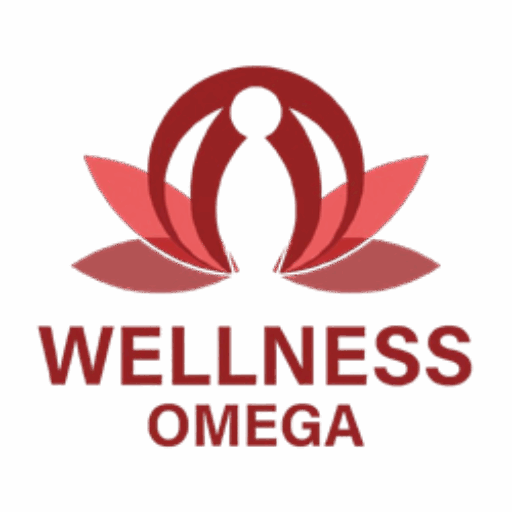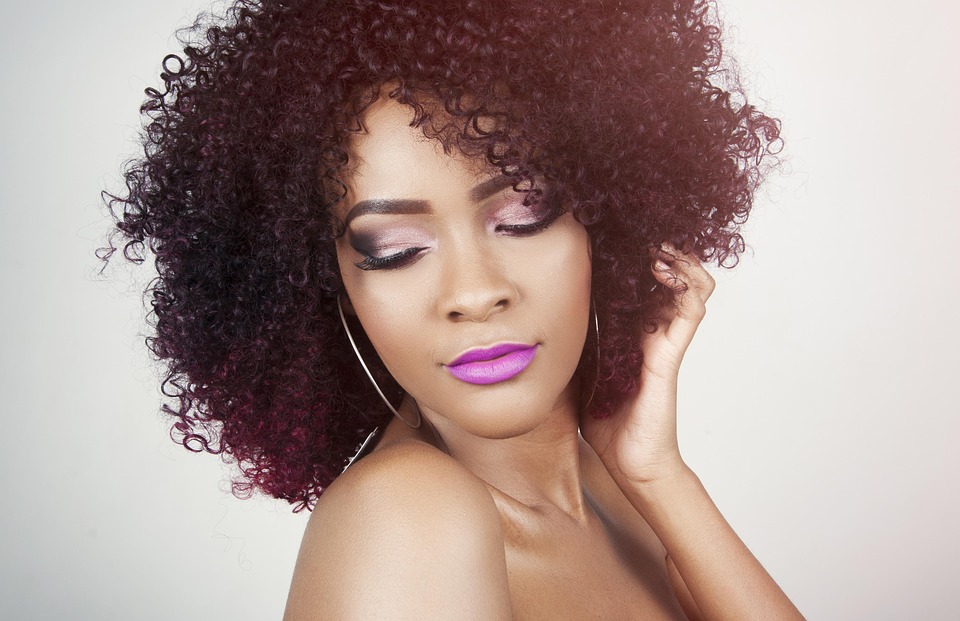Busting Myths: Understanding the Causes and Cures for Pimples
Pimples, a common skin concern for many, can evoke feelings of frustration and self-consciousness. Despite their prevalence, misconceptions about acne and its treatment thrive, often leading individuals to pursue ineffective or even harmful remedies. In this article, we’ll separate fact from fiction, explore the roots of acne, and delve into effective treatments, while addressing frequently asked questions about this pervasive issue.
The Basics of Pimples
Pimples, or acne vulgaris, generally form when hair follicles become clogged with oil, dead skin cells, and bacteria. Although they can occur at any age, they are especially common during puberty when hormonal changes trigger increased oil production. Understanding how and why pimples form is crucial for managing them effectively.
Common Myths About Pimples
1. Myth: Acne is Caused by Poor Hygiene
Many believe that inadequate cleanliness causes pimples. In reality, over-washing or scrubbing the skin too aggressively can irritate it, leading to more acne. While it’s essential to cleanse the skin gently, excessive washing strips away natural oils, potentially worsening acne.
2. Myth: Certain Foods Cause Acne
The relationship between diet and acne is a topic of much debate. While some studies suggest that high-glycemic foods (like white bread and sugary snacks) and dairy may exacerbate acne for some individuals, it doesn’t mean that everyone will react the same way. Maintaining a balanced diet is important for overall health but isn’t a guaranteed cure for acne.
3. Myth: Sun Exposure Clears Up Acne
Many people believe that getting a tan can mask and reduce the appearance of pimples. While sun exposure might initially make the skin look better, it can ultimately lead to increased oil production and skin damage, which can worsen acne over time. Regular application of sunscreen is vital for maintaining skin health.
4. Myth: Only Teenagers Get Acne
While Acne is most commonly associated with teenagers, it can persist into adulthood, affecting individuals in their 20s, 30s, and beyond. Adult acne can result from hormonal fluctuations, stress, and other lifestyle factors.
5. Myth: Popping Pimples is Harmless
Popping a pimple might provide temporary relief, but it often leads to scarring and infection. Squeezing a pimple pushes bacteria deeper into the skin, potentially resulting in more breakouts and prolonged healing.
The Causes of Pimples
Understanding the underlying causes of acne is essential for effective management. The primary factors contributing to pimples include:
Hormonal Fluctuations
Hormones play a significant role in the development of acne. During puberty, menstruation, pregnancy, and hormonal disorders such as polycystic ovary syndrome (PCOS), hormone levels can fluctuate drastically, leading to increased sebum production.
Clogged Pores
When pores become clogged with excess oil and dead skin cells, it creates an environment for bacteria to thrive. This underlines the importance of regular exfoliation and proper skincare.
Bacteria
The skin naturally harbors bacteria, but when it proliferates in clogged pores, it can lead to inflammation and infection, resulting in red, painful pimples.
Diet and Lifestyle
While diet doesn’t directly cause acne, certain lifestyle factors can exacerbate the condition. Stress, inadequate sleep, and exposure to pollutants can all contribute to skin problems. Maintaining a healthy lifestyle can be beneficial not just for your skin but also for your overall well-being.
Genetics
Family history can influence acne susceptibility. If your parents experienced significant acne issues, you might be more likely to encounter similar challenges.
Effective Treatments for Pimples
Now that we’ve addressed the myths and identified the causes of acne, let’s explore effective treatments.
Over-the-Counter Treatments
Several topical medications are available without a prescription that can effectively manage acne:
Benzoyl Peroxide: An antibacterial agent that helps reduce P. acnes bacteria on the skin and helps prevent clogged pores.
Salicylic Acid: Works as an exfoliant, helping to unclog pores and reduce inflammation.
Retinoids: Vitamin A derivatives that promote skin cell turnover, effectively treating existing acne and preventing future breakouts.
Prescription Medications
For more severe cases, consulting a dermatologist may result in the recommendation of prescription medications, such as:
Antibiotics: These can help reduce the bacterial component of acne and decrease inflammation.
Hormonal Treatments: For women, hormonal therapy can help regulate hormone levels and reduce acne.
Isotretinoin: A powerful oral retinoid reserved for severe, treatment-resistant acne.
Professional Treatments
In office treatments may also be beneficial. Options include:
Chemical Peels: These use acids to exfoliate the skin and remove dead skin cells, helping prevent clogged pores.
Microdermabrasion: A procedure that exfoliates the superficial layer of skin to promote cell turnover.
Laser and Light Therapies: These treatments can help reduce bacteria on the skin and minimize oil production.
Natural Remedies
Certain lifestyle changes and natural remedies may also contribute to improved skin health:
Dietary Considerations: Eating a balanced diet rich in fruits, vegetables, whole grains, and lean proteins can support overall skin health.
Hydration: Drinking plenty of water can help maintain healthy skin.
Stress Management: Engaging in activities such as yoga, meditation, or regular exercise can alleviate stress and its negative impacts on skin health.
FAQs About Pimples
Q: How often should I wash my face to prevent pimples?
A: Washing your face twice a day with a gentle cleanser is usually sufficient. Over-washing can irritate the skin.
Q: Is makeup bad for acne-prone skin?
A: It depends on the products you use. Opt for non-comedogenic makeup that won’t clog pores. Always remove makeup before going to bed.
Q: Can I use multiple acne treatments simultaneously?
A: You can, but be cautious as combining too many active ingredients can irritate your skin. Always consult a dermatologist for personalized advice.
Q: Will acne go away on its own?
A: In some cases, mild acne may resolve over time. However, persistent or severe acne often requires treatment to prevent scarring.
Q: How long does it take for acne treatments to show results?
A: Results can vary, but most treatments take several weeks to show improvement. Consistency is key.
Q: Can stress really cause acne?
A: Yes, stress can affect hormone levels and contribute to acne. Implementing stress-reduction techniques may help improve your skin.
Conclusion
Understanding the causes of pimples and debunking common myths is essential for developing an effective skincare routine. By choosing the right treatments and employing healthy habits, individuals can manage their acne and promote healthier skin. Always remember, if you’re struggling with persistent acne, consulting a dermatologist can help tailor a treatment plan that meets your specific needs. Ultimately, while pimples can be a frustrating part of life, the right knowledge and tools can empower you to tackle them head-on.

